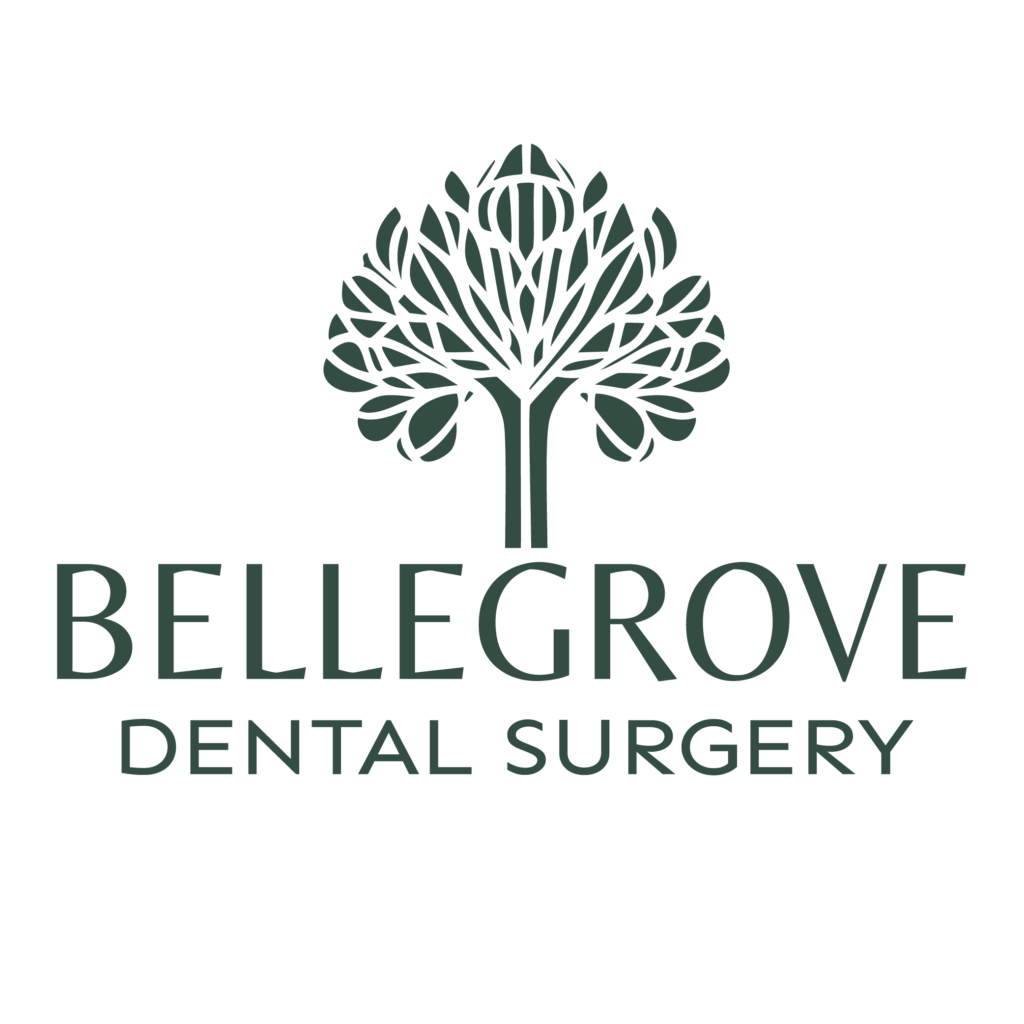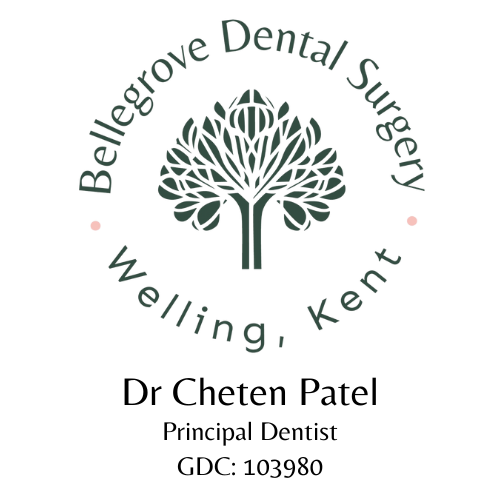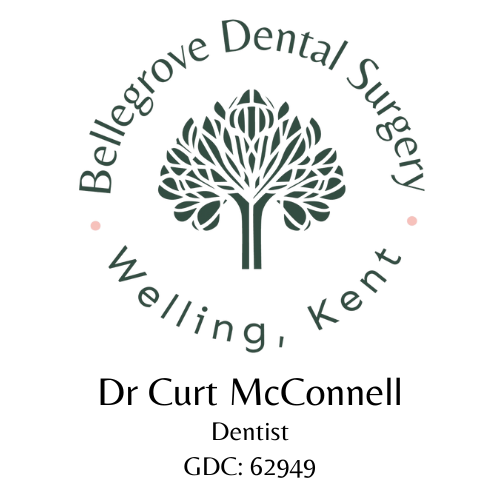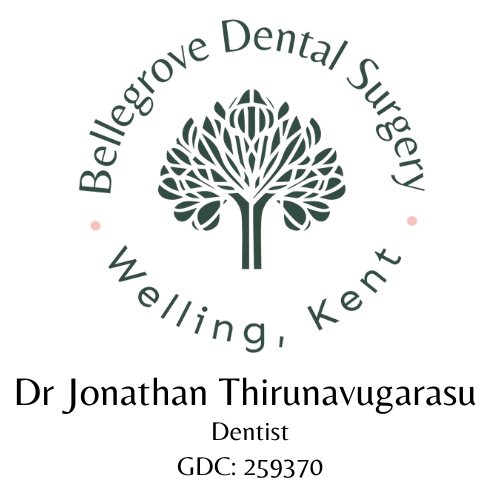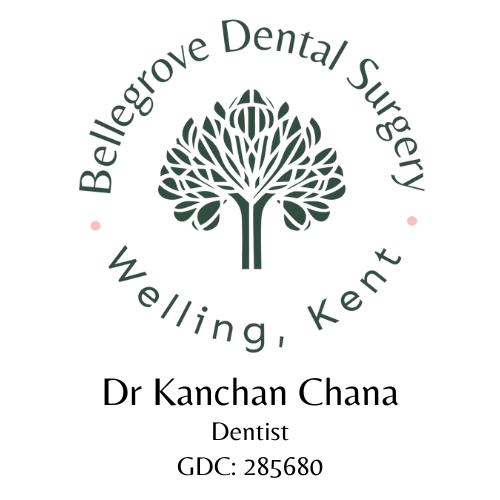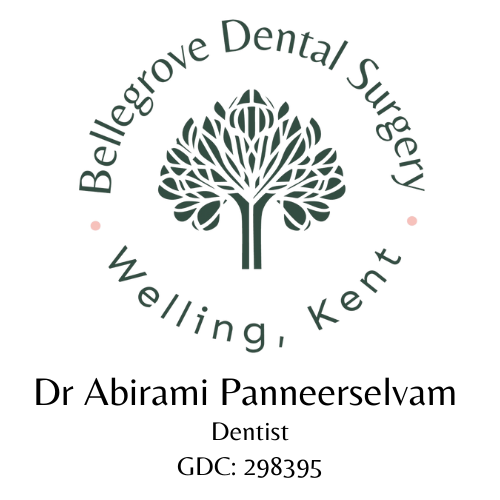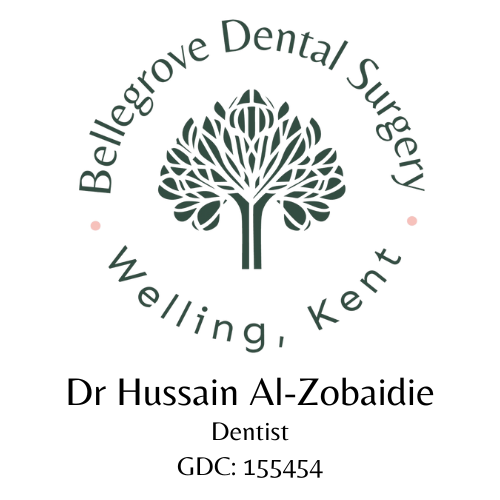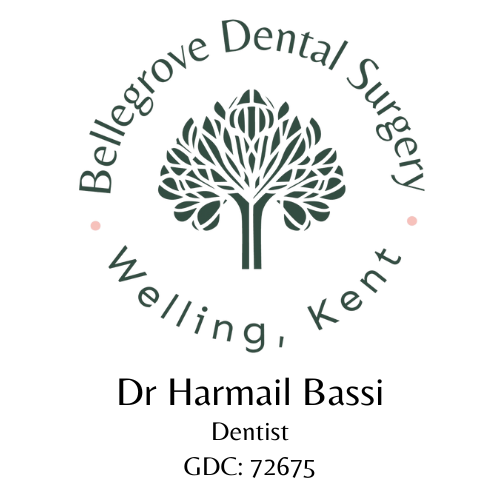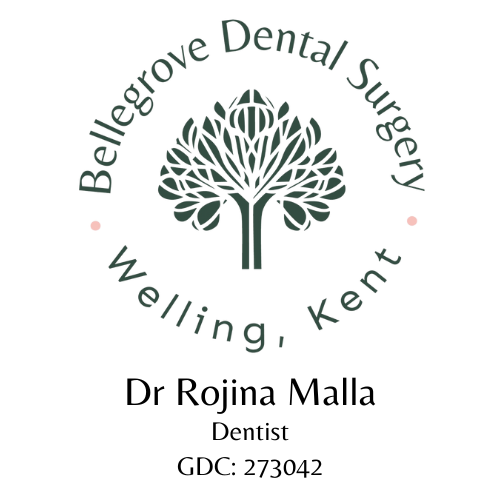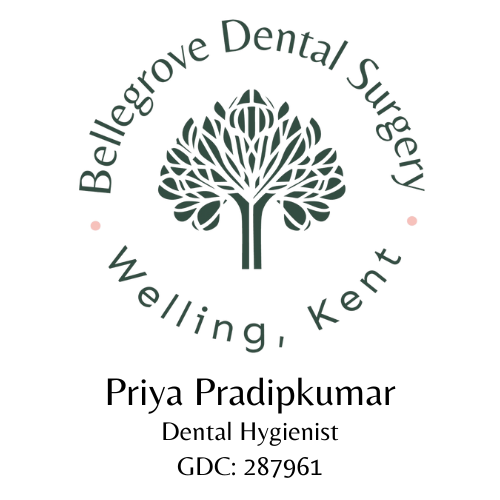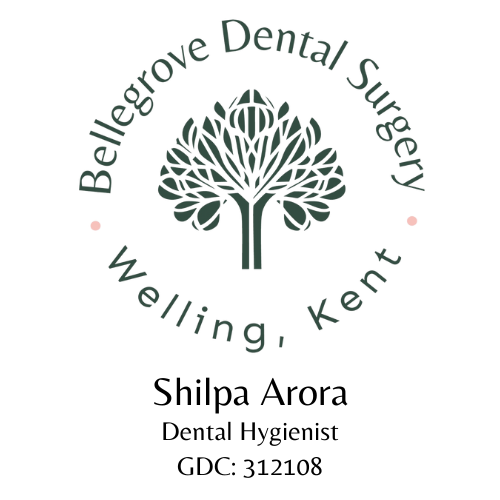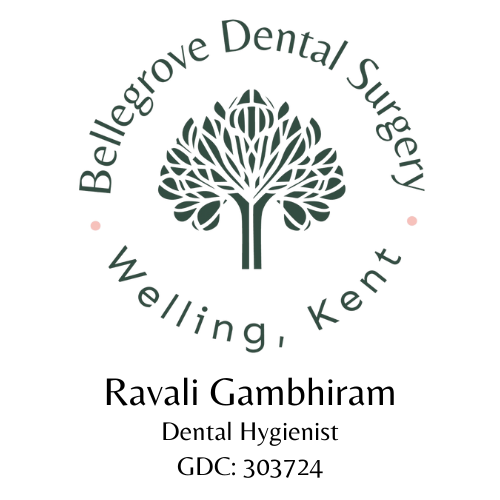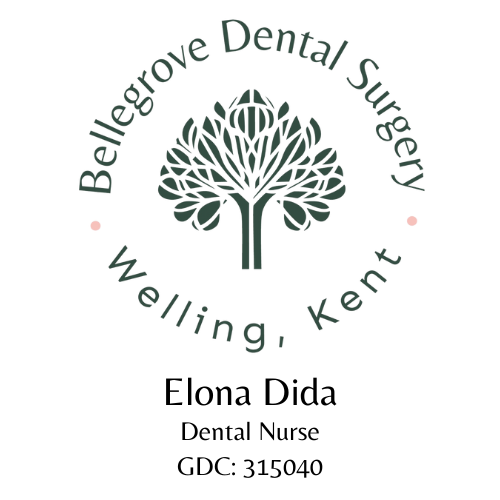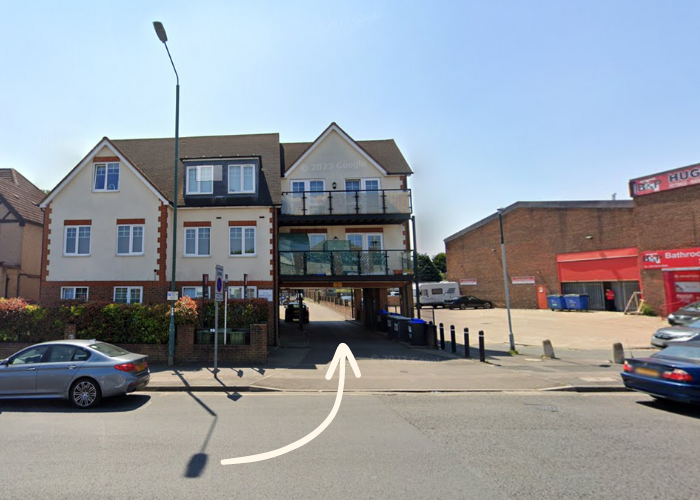Dental Hygiene at Bellegrove Dental
Maintaining good dental hygiene is crucial for keeping your teeth and gums healthy throughout your life. Proper dental care can prevent common dental problems such as tooth decay, gum disease, and bad breath. We will provide you with essential information on effective dental hygiene practices.
Dental hygiene is the practice of keeping the mouth clean and free of disease and other problems by regular brushing, flossing, and attending dental check-ups. Effective dental hygiene results in a mouth that looks and smells healthy.
Good dental hygiene practices
Good dental hygiene involves a combination of at-home care and professional treatments. Here’s what you need to know:
- Regular brushing: Brush your teeth at least twice a day with fluoride toothpaste to remove plaque—the main cause of tooth decay and gum disease.
- Flossing: Daily flossing is essential to clean the tight spaces between the teeth and under the gum line where a toothbrush can’t reach.
- Rinsing: Use an antibacterial mouthwash to help reduce bacteria that cause plaque and gum disease.
- Diet: Maintain a balanced diet and limit sugary snacks, which can contribute to tooth decay.
- Avoid smoking: Smoking is harmful to your gum tissue, causes tooth discolouration, and increases the risk of oral cancer.
The importance of regular hygiene appointments
Regular hygiene appointments are vital to maintaining good oral health. During these visits, your dentist or hygienist will:
- Remove plaque and tartar: Even with careful brushing and flossing, plaque and tartar can develop. Professional cleaning is necessary to remove them and prevent periodontal disease.
- Check for early signs of decay: Early detection and treatment of problems with your teeth and gums can save you time, money, and discomfort.
- Provide tailored advice: Based on the examination, your dental professional can provide advice tailored to your specific oral health needs.
Common dental problems
Understanding how to address common dental issues is key to maintaining oral health:
- Tooth decay: Prevent decay by reducing your intake of sugary foods and drinks, brushing with fluoride toothpaste, and rinsing with fluoride mouthwash.
- Gum disease: Keep your gums healthy by brushing effectively, flossing daily, and visiting the dentist regularly for cleanings and check-ups.
- Bad breath: Good oral hygiene, combined with regular dental visits and cleanings, is the best way to tackle bad breath.
Effective dental care at home
Follow these tips to enhance your daily oral care routine:
- Choose the right tools: Use a soft-bristled toothbrush and fluoride toothpaste. Consider using an electric toothbrush for more effective cleaning.
- Update your technique: Ensure you are brushing all surfaces of your teeth thoroughly, including hard-to-reach back teeth.
- Stay hydrated: Drinking water helps keep your mouth clean and prevents dry mouth, which can lead to decay.







Frequently Asked Questions
You should brush your teeth at least twice a day using fluoride toothpaste, ideally in the morning and before going to bed at night.
Flossing removes food particles and plaque from between the teeth and under the gum line, areas that a toothbrush can’t reach. Daily flossing is essential to prevent gum disease and tooth decay.
It’s best to use a soft-bristled toothbrush that fits comfortably in your mouth. Consider using an electric toothbrush as it can be more effective at removing plaque.
Replace your toothbrush every three to four months, or sooner if the bristles become frayed. A worn toothbrush won’t do a good job of cleaning your teeth.
Regular brushing and flossing, along with professional cleanings and avoiding tobacco use, are the best ways to prevent gum disease.
Yes, your diet significantly impacts your dental health. Eating a balanced diet and limiting sugary snacks and drinks can help prevent tooth decay and other oral health issues.
This procedure involves removing plaque and tartar build-up from above and below the gum line using specialised tools, followed by polishing the teeth to smooth their surfaces and reduce future plaque build-up.
Antiseptic or fluoride mouthwash can help reduce bacterial plaque, prevent or reduce gingivitis, reduce the speed that tartar develops, or produce a combination of these effects. Plus, it helps rinse out food particles.
If you experience sensitivity, use toothpaste specifically designed for sensitive teeth and avoid acidic foods and drinks. Consult your dentist, as tooth sensitivity can also indicate a more serious condition.
Focused on your smile!
With us, you can forget the stressful, daunting dental visits! At Bellegrove Dental, our team will always make sure that each visit is always relaxing, swift, and designed around your individual needs!

